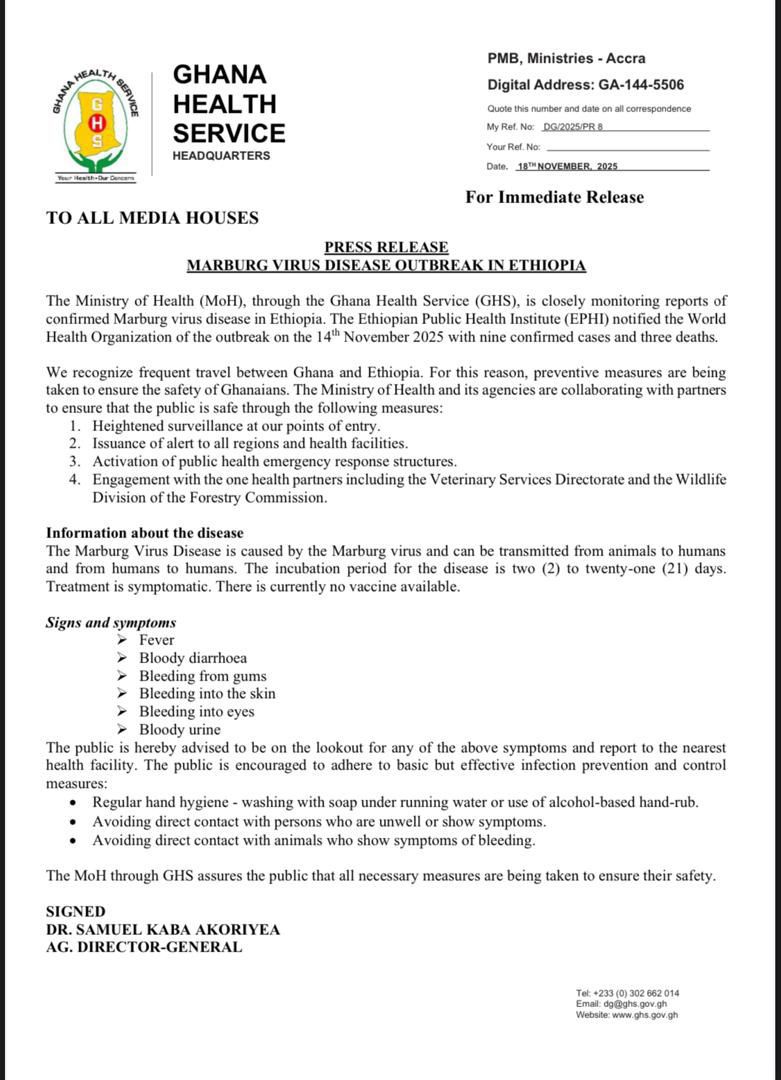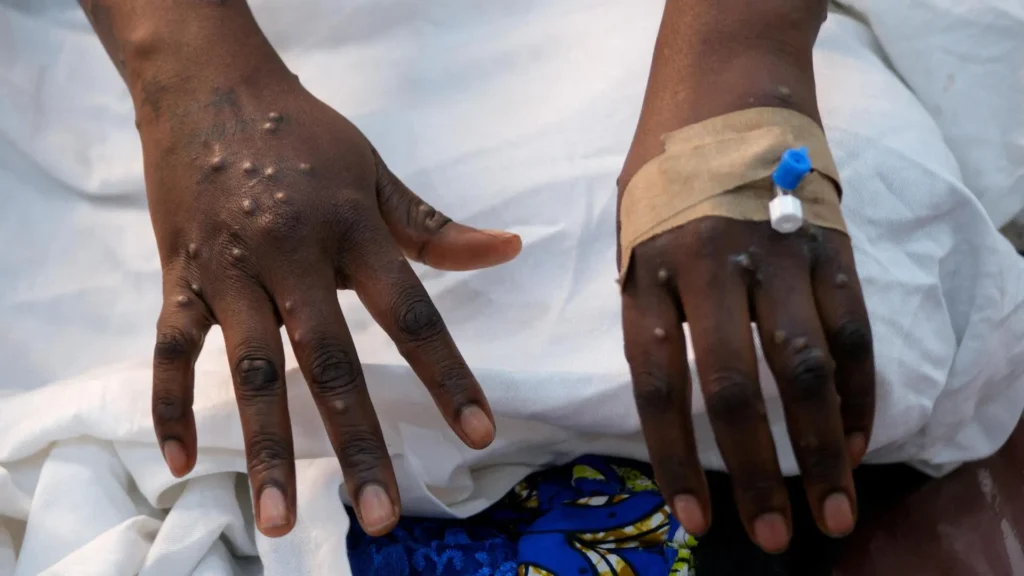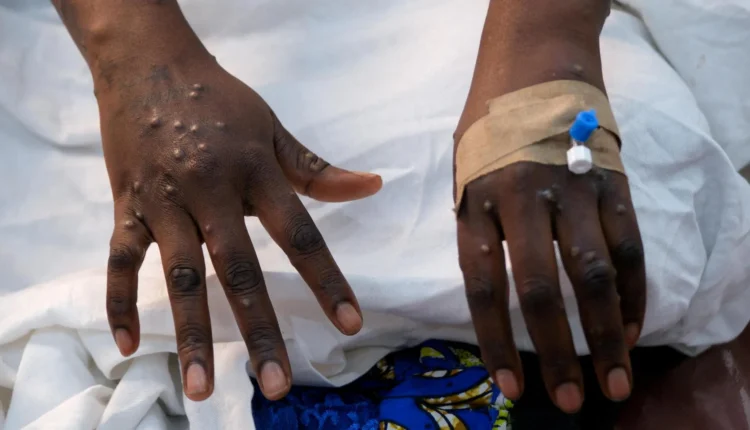Ghana Health Service Activates Protocols Amid Marburg Virus Disease Outbreak in Ethiopia
The Ghana Health Service (GHS) has issued a high-alert public health notice following the confirmation of a Marburg Virus Disease outbreak in Ethiopia.
According to reports, the outbreak was officially declared on November 14, 2025, with nine confirmed cases and three fatalities.

The Ministry of Health, through the GHS, is proactively monitoring the situation, citing frequent travel between Ghana and Ethiopia as a key reason for immediate action. This swift response underscores the importance of cross-border vigilance in preventing the spread of infectious diseases.

Key Measures Against Marburg Virus Disease
To safeguard public health, the Ghana Health Service is implementing a multi-layered defense strategy. Critical steps include heightened surveillance at all points of entry to quickly identify potential cases. The GHS has also issued an alert to all regional health directorates and facilities nationwide, ensuring frontline workers are prepared. Furthermore, public health emergency response structures have been activated, and the Service is collaborating with One Health partners, including the Veterinary Services Directorate, to address the animal-to-human transmission risks associated with Marburg Virus Disease.

Understanding Marburg Virus Disease Symptoms
Public awareness is a critical component of containment. The Marburg Virus Disease is a severe and often fatal illness caused by the Marburg virus, with an incubation period of 2 to 21 days. The GHS advises the public to be vigilant for specific symptoms, which include high fever, bloody diarrhoea, and bleeding from the gums, into the skin, or in the urine. Recognizing these signs early is essential for seeking immediate medical attention and preventing further transmission within communities.
How the Public Can Stay Protected
While there is currently no vaccine for Marburg Virus Disease, the Ghana Health Service emphasizes that basic infection prevention measures are highly effective. The public is strongly encouraged to practice regular hand hygiene by washing with soap under running water or using an alcohol-based hand rub.

It is also crucial to avoid direct contact with individuals or animals that appear unwell or show symptoms, particularly any signs of bleeding. The GHS assures the nation that all necessary steps are being taken to ensure public safety and curb the potential spread of the virus.



